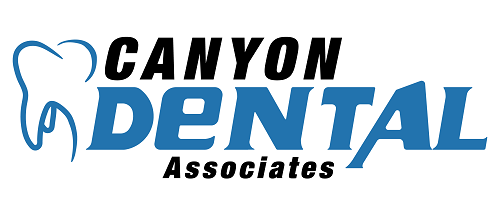Overview: Swollen gums are a common dental issue, often indicating gum disease or other health conditions such as infections, vitamin deficiencies, or hormonal changes. Effective treatment depends on accurately identifying the underlying cause.
Causes of Swollen Gums
- Dental Causes:
- Gingivitis: The early stage of gum disease, marked by inflammation and bleeding.
- Periodontitis: Advanced gum disease leading to gum recession and tooth loss if untreated.
- Dental Abscess: A localized infection that can cause significant pain and swelling.
- Poorly Fitting Dentures: Can irritate the gums, leading to swelling.
- Orthodontic Treatments: Braces and other devices can make cleaning difficult, causing gum issues.
- Tooth Decay and Root Fractures: Both can lead to gum swelling if the infection spreads to the gums.
- Other Causes:
- Medication Side Effects: Some medications can cause gum swelling as a side effect.
- Viral and Fungal Infections: Conditions like oral herpes or thrush can lead to gum inflammation.
- Vitamin Deficiencies: Lack of vitamins B and C can cause gum problems.
- Systemic Conditions: Unmanaged diabetes, hormonal changes, and blood cancers like leukemia can all cause gum swelling.
- Lifestyle Factors: Smoking and poor dietary habits can contribute to gum issues.
Symptoms of Swollen Gums
Swollen gums often appear red or purplish, are tender to touch, may bleed, and can cause discomfort.
Diagnosis:
- Clinical Examination: A thorough check by a dentist or periodontist.
- Dental X-rays: To identify underlying issues such as abscesses or bone loss.
- Blood Tests: To detect systemic conditions like diabetes or vitamin deficiencies.
Treatment Options for Swollen Gums
- Professional Treatments:
- Scaling and Root Planing: Deep cleaning to remove plaque and tartar.
- Antibiotics: To treat infections.
- Root Canal Therapy: For abscessed teeth.
- Tooth Extraction: In severe cases where the tooth cannot be saved.
- Laser-Assisted Procedures (LANAP): To reduce gum pockets and promote healing.
- Home Remedies:
- Maintain good oral hygiene by brushing and flossing regularly.
- Use saltwater rinses to soothe gums.
- Apply ice packs to reduce swelling.
Prevention Tips for Swollen Gums
- Regular Dental Check-Ups: Essential for early detection and prevention of gum disease.
- Proper Oral Hygiene: Brushing twice daily and flossing to remove plaque.
- Balanced Diet: Rich in essential vitamins to support gum health.
- Avoid Tobacco: Smoking and tobacco use can exacerbate gum issues.
When to Seek Help
If gum swelling persists for more than two weeks, consult a dentist. Immediate dental care is required if you experience severe pain or signs of infection.
Common Questions for Swollen Gums
- Why is only one tooth area swollen?
- Swelling around one tooth could indicate a dental abscess or a lodged food particle. Proper cleaning or dental treatment is necessary.
- Is swelling common with braces?
- Yes, maintaining oral hygiene with braces can be challenging. Regular brushing and flossing, along with using dental tools like picks and floss threaders, can help.
Why Choose Canyon Dental Associates: For residents in Corona, CA, and surrounding areas, Canyon Dental Associates stands out as the premier treatment center for all dental issues, including swollen gums. Our team of experienced dentists offers comprehensive care, utilizing the latest technologies and personalized treatment plans to ensure optimal oral health. Whether you need routine check-ups, advanced gum disease treatment, or emergency dental care, Canyon Dental Associates is dedicated to providing exceptional service and results.
Swollen gums can signal various dental and health issues. Early diagnosis and treatment are crucial for maintaining good oral health and overall well-being. If you have persistent symptoms, consult your dentist for a thorough examination and appropriate treatment plan. For those in Corona, CA, visit Canyon Dental Associates for expert care and treatment options.


